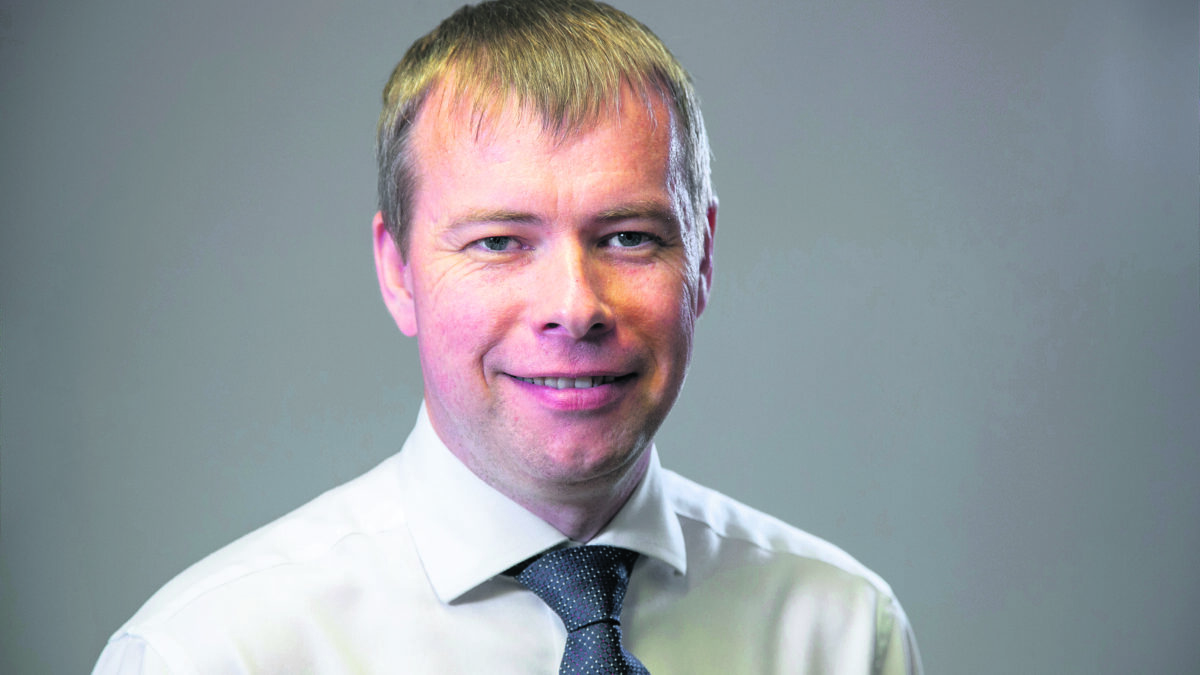Long gone are the days of legal firms with large typing pools producing reams of documents for solicitors, with the profession having realised the benefits of embracing the latest technology to improve their client service and efficiency.
And the pandemic saw solicitors, along with much of the nation, having to quickly get to grips with virtual working, from online court hearings to days packed with Teams and Zoom calls.
One company that’s well-placed to help legal professionals through such challenging times is Voice Technologies.
The company, with offices in Paisley and Sheffield, works with partners to offer law firms a range of products and support. This includes speech recognition software that recognises and translates spoken language into text, digital dictation hardware and software, and information workflow systems that allow data to be easily shared.
And Voice Technologies has been supporting the legal sector for many years, well before the world was hit with Covid-19. The company was founded in 1996 and has been employee-owned since 2013.
It describes itself as a service-led organisation that selects the most appropriate technology for each client’s needs. It deploys, trains and offers ongoing support to ensure clients get the best value from their investment. It works with legal organisations of all sizes from local Scottish firms, such as Low Beaton Richmond and Frank Irvine Solicitors, to big UK and global names, including Freshfields and DWF.
Its range of offerings includes speech recognition software SpeechExec Enterprise for bigger
firms and SpeechLive for small and medium sized firms’ clients from its partner Philips, and Dragon Professional Anywhere (DPA) and Dragon Legal Anywhere (DLA) from another partner, Nuance.
James McPherson, chief executive officer of Voice Technologies, says: “We support UK-wide legal services. We free up time for our clients to let them focus on legal work rather than administration and help them make financial savings.”
McPherson joined Voice Technologies two decades ago. Having worked in a variety of roles with the
firm before becoming CEO in 2015, he’s well-versed on how clients’ work practices have changed. “I’ve been working with the legal profession a long time, going back to analogue tapes and cassettes being put into jiffy bags and posted,” he says.
On the services the firm now offers, he explains: “As part of the consultation we have with customers
we look at how they are currently working, what their processes are, and find the technology or systems that suit. We wouldn’t just offer a boxed off-the-shelf product. We work with our partners to customise their cutting-edge technology.”
The pandemic has hastened the shift from traditional to digital practices that support mobility, the need to work remotely and the growth of cloud-based systems.
McPherson explains there is now more demand for self-keying systems with speech recognition from
solicitors who would previously have called on administrative support in the office.
The increased use of artificial intelligence (AI) is another trend that McPherson identifies, including
more clients adopting Nuance’s DPA and DLA. “The user just speaks and dictates, and the words are streamed to the service and come back as text in real time. We’re seeing recognition accuracies of up to 99 per cent.”
He says another popular product is SpeechLive from Philips. As it is cloud-based, it can be accessed
from anywhere, including mobile apps, and is relatively simple from a technical viewpoint. “We’re not seeing clients reverting to the way they worked before the pandemic, so such technologies are continuing to be used now that people have experienced their benefits,” McPherson adds.



